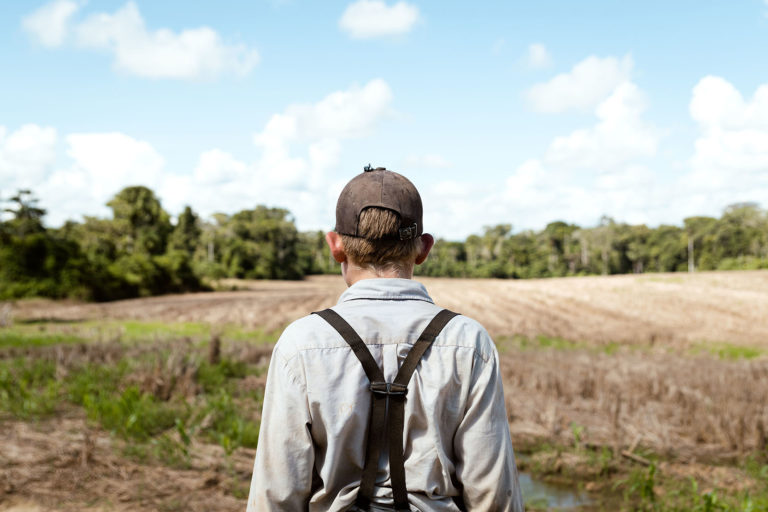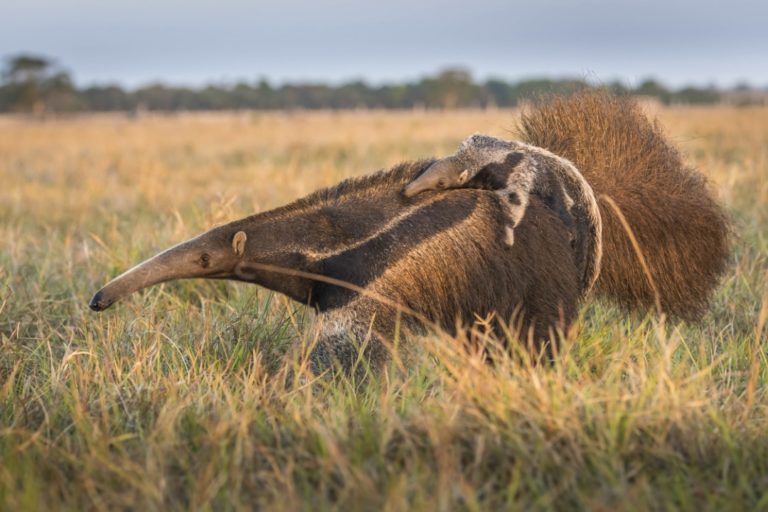Ending native forest logging in Victoria immediately, rather than phasing it out by 2030 as the state government plans, would save taxpayers $192m over the next decade, according to an estimate by the state’s independent budget office.
The Victorian Greens asked the Parliamentary Budget Office (PBO) to calculate what it would cost to shut down the native forest timber industry in the state now, including bringing forward the government’s promised $120m transition package for the industry and workers.
The assessment, seen by the Guardian, found there would be an overall $15.3m cost to the budget over the next three years as lost revenue and the cost of the transition package would outweigh savings from no longer paying grants to VicForests, the state-owned timber business.
But across the decade it found the money saved from no longer keeping VicForests afloat would be far greater than forestry revenue. The officials calculated it would be expected to improve the state budget position by $191.9m by 2029-2030.
Industry representatives and the state Liberal opposition said the PBO analysis was flawed as it did not include the cost of breaking timber supply contracts or redundancy packages for VicForests staff. They said it also did not consider the flow-on economic importance of VicForests’ funding for timber industries, particularly in regional communities, where thousands of jobs were at risk.
The Victorian Greens’ environment spokeswoman, Ellen Sandell, said the PBO assessment was independent and showed the “huge cost to the public of destructive logging”. She said the money saved by stopping logging could be spent helping regional economies recover from the Covid-19 pandemic.
Sandell said given the devastating summer bushfires had pushed many animals and plants towards extinction, it was “criminal” the federal and state governments last week signed a 10-year extension to the regional forestry agreements covering logging in the state. “Ending native forest logging now, rather than in 10 years, will help both the environment and the economy,” she said.
Victoria’s agriculture minister, Jaclyn Symes, said ending logging immediately would put “thousands” out of work before jobs were available in other forms of forest product manufacturing. She said the government’s policy would help businesses and workers move into jobs based on plantation timber as it became available later in the decade.
The PBO analysis was commissioned after the premier, Dan Andrews, announced in November that the native forestry industry would be phased out over the next decade, starting with the immediate protection of 90,000 hectares of old-growth forest and 96,000 hectares of native forest set aside to save the threatened greater glider. Andrews warned the native timber supply was already down about 50% in a decade, and that a large bushfire such as that experienced over the summer that followed might hasten the industry’s end, but said forest supply agreements would be extended to 2024, when the $120m package would start rolling out.
Bushfires burned at least 1.4m hectares in Victoria over summer. According to government assessments, they affected about 70% of the state’s remaining warm temperate rainforest and more than half the habitat of at least 170 rare and threatened species. The extent of the damage prompted calls for more forest to be protected from logging to give at-risk species a better chance of survival.
The government plan was based in part on its expectation an extra 50,000 hectares of plantation forest would become available by 2030. Part of the industry package is earmarked to help mills invest in new equipment to process plantation timber.
The Victorian Association of Forestry Industries, which opposes ending native forest logging, said the PBO had underestimated the true cost and not taken into account the economic activity that resulted from grants to VicForests.
It cited a 2017 Deloitte Access Economics report, commissioned by VicForests, which suggested the industry then supported 2,526 jobs. A University of Canberra analysis for Forests and Wood Products Australia the following year said there were 1,639 primary processing jobs in native forestry and 2,894 in softwood and hardwood plantations.
Jonathon Duniam, the Morrison government’s assistant minister for forestry, said the value of the native forestry industry was in the jobs and livelihoods it provided. “Communities and our economy are stronger when people are in work,” he said.
Gary Blackwood, the state opposition forestry spokesman, said the PBO’s report was “absolutely flawed in every sense”. He said it did not appear to include the cost to the state of paying out supply contracts to sawmills, harvest and haul businesses and Australian Paper, and did not consider the impact of losing hundreds of millions of dollars in economic activity in the state.
“By putting out a report like this the Parliamentary Budget Office [has] insulted every hard-working timber family in Victoria,” Blackwood said.


